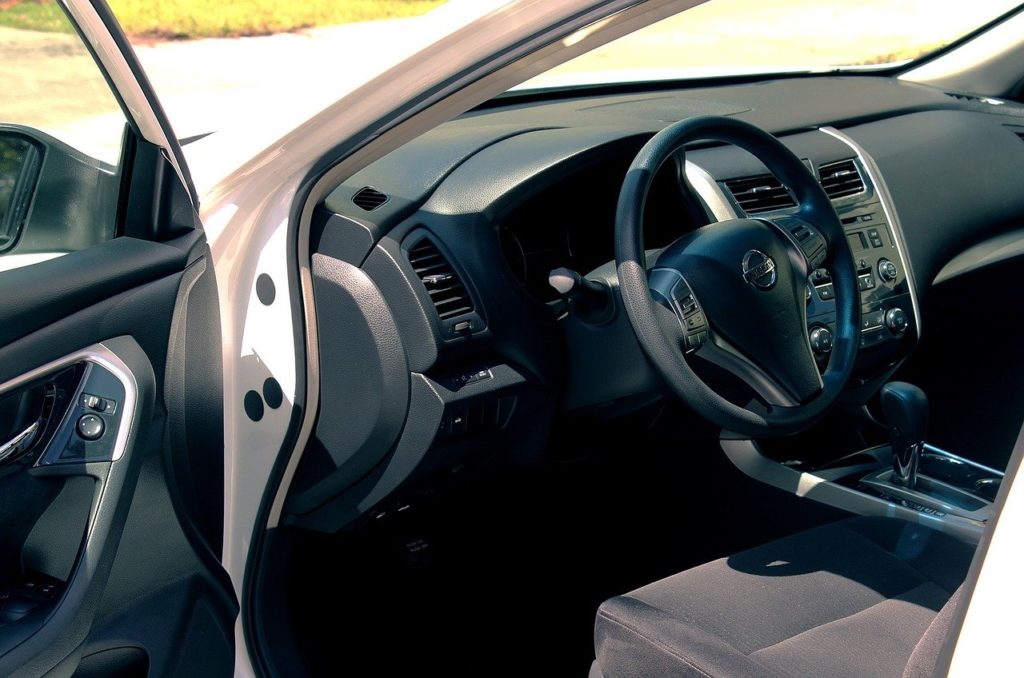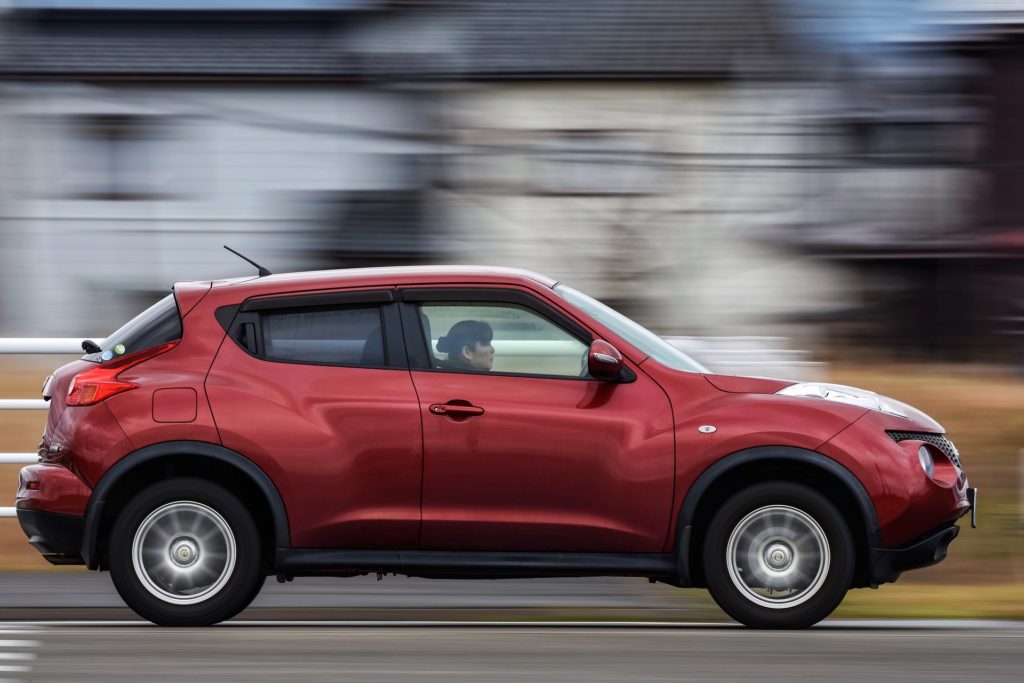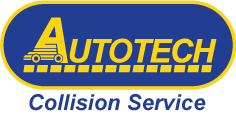It makes no sense to cut corners with your Nissan’s air bags.
Most car manufacturers issue “OEM Position Statements” to car repair shops that outline their expectations of how repairs should be performed. Nissan has issued a statement about the air bags in their vehicles and how only new OEM parts should be used during repairs, instead of salvaged or used air bag components.
What Nissan has to say about their air bags:
“The installation and use of a salvaged or used Supplemental Restraint System component in a Nissan vehicle may compromise the intended performance of the vehicle’s air bag system, as there is no certainty of the history, quality, condition, compatibility, environmental or other degradation prior to salvage of a recycled or used air bag system component.”
What Nissan is saying is that they can only vouch for the air bag components that their engineers have designed, tested, and manufactured. Original Equipment Manufacturer parts are made of the highest quality materials, designed to fit that specific manufacturer’s vehicles.
While you might be able to find salvaged or used OEM air bag components to use on your Nissan, those parts might already be compromised. For instance, the vehicles they came from might have been in a collision previously. No matter what the vehicle’s history is, if the parts aren’t new, their integrity is automatically questionable.

Don’t take a chance with your life.
When it comes to the parts of the car that are designed to save a life in the event of a collision, brand new OEM parts are more important than ever. The last thing you want is for your air bag to fail in the event of a collision. The use of used or salvaged parts can put you at risk of this happening.
What about pre- and post-repair scans?
Here’s what Nissan says about pre- and post-repair scans:
“When repairing a Nissan Supplemental Restraint System, Nissan strongly recommends pre- and post-repair system scans to ensure internal trouble codes are addressed.”
It is generally a standard procedure to scan a vehicle for trouble codes prior to a repair and it is equally important to scan for trouble codes after a repair is completed. This allows a technician to determine whether the repairs have been conducted properly.
Don’t forget about your warranty.
Using any other parts besides new OEM parts on your Nissan can void your warranty:
“Nissan North America’s New Vehicle Limited Warranty, and Limited Warranty on replacement parts do not apply to any parts other than Genuine Nissan original equipment parts.
Nissan North America will not be responsible for any subsequent repair costs associated with a vehicle and/or part failure caused by the use of parts other than Genuine Nissan replacement parts.”
Because they can’t vouch for the integrity of used or salvaged parts, Nissan will void your warranty if you choose to use anything other than new OEM air bag components.

Not all shops pay attention to these guidelines, but we do.
Unfortunately, some shops choose to cut corners and use salvaged air bag components, in spite of the recommendations clearly expressed in the Nissan Position Statement to use ONLY new OEM components. They can get away with this because they are not required to do as Nissan suggests, even though it can be detrimental to the customer to ignore the manufacturer’s guidelines.
When you bring your car to us, you can rest assured that we will adhere to the position statement in using only new OEM air bag components and performing both pre- and post-repair scans. We do this because we care about the integrity of our work, of course. More importantly, we care about the safety and wellbeing of our customers.


